Scientists have discovered phosphates in ice grains from Saturn’s frozen moon Enceladus, dramatically raising chances that the liquid ocean beneath its crust might harbour extraterrestrial life.
A new study, led by planetary scientist Frank Postberg at the Free University of Berlin, describes the detection of sodium phosphates in salt-rich ice grains sampled by the Cassini space probe, which explored the Saturn system from 2004 until 2017.
The ice-grains had been ejected into space in plumes from fissures on the moon’s icy crust and they were captured by Cassini’s cosmic dust analyzer as the spacecraft flew through the plumes during its mission.
After examining mass spectrometer data from the cosmic dust analyzer, Postberg and his colleagues estimate that phosphorus might be present in the subsurface ocean on Enceladus as orthophosphates at roughly 100 times its concentration in Earth’s oceans.
The findings resolve a question about the possibility of microbial life on Enceladus. Phosphorus is vital to life on Earth, but it is the least abundant of the bio-essential elements, the authors write.
Early geochemical modelling suggested phosphorus might be scarce on icy ocean worlds, although more recent modelling suggests it might be abundant. But it has never been detected on Enceladus before.
But the authors suggest its detection there makes it more likely that phosphorus might also be found in abundance on other icy ocean worlds, either on the seafloor or around hydrothermal vents, which are thought to generate modest temperatures in many subsurface oceans.
Enceladus is one of the six icy moons that scientists think could be the best bets for finding extraterrestrial life in our solar system, in the form of microbes in the liquid oceans beneath their frozen crusts. The others are Saturn’s Titan; Jupiter’s Europa, Ganymede and Callisto; and Neptune’s Triton.
References
F Postberg et al, Nature, 2023, DOI: 10.1038/s41586-023-05987-9
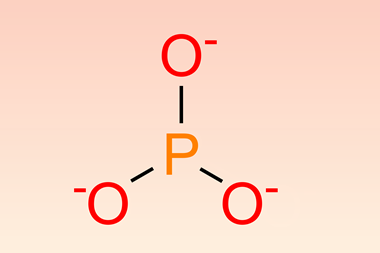
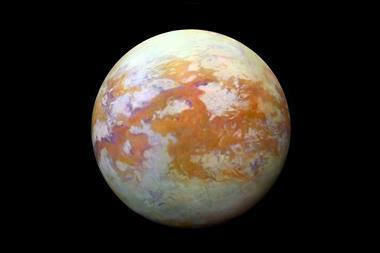
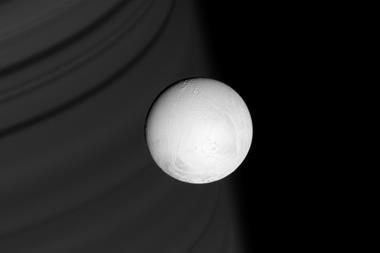
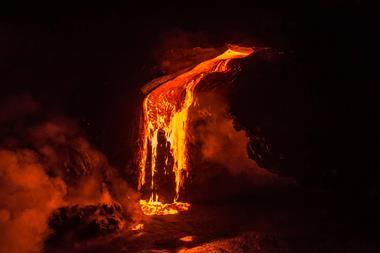
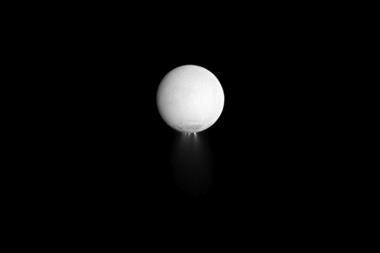







No comments yet